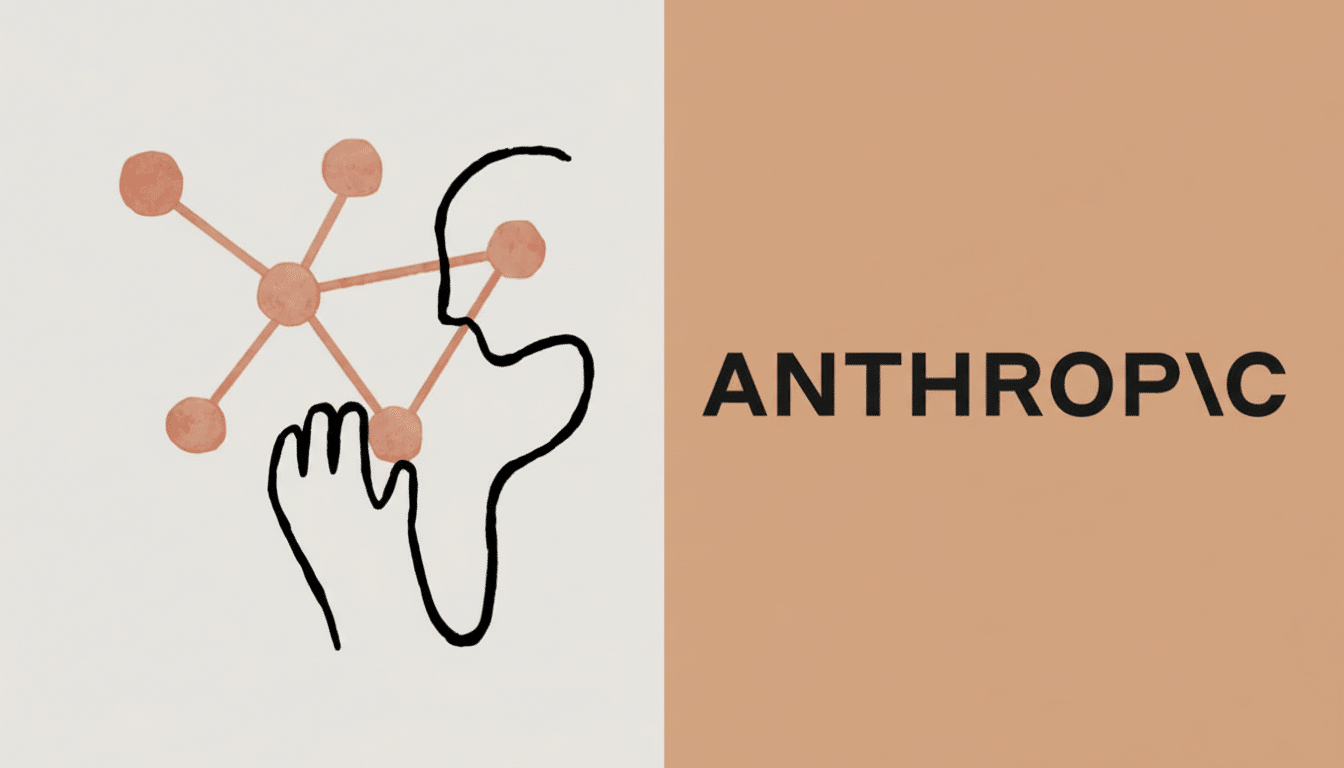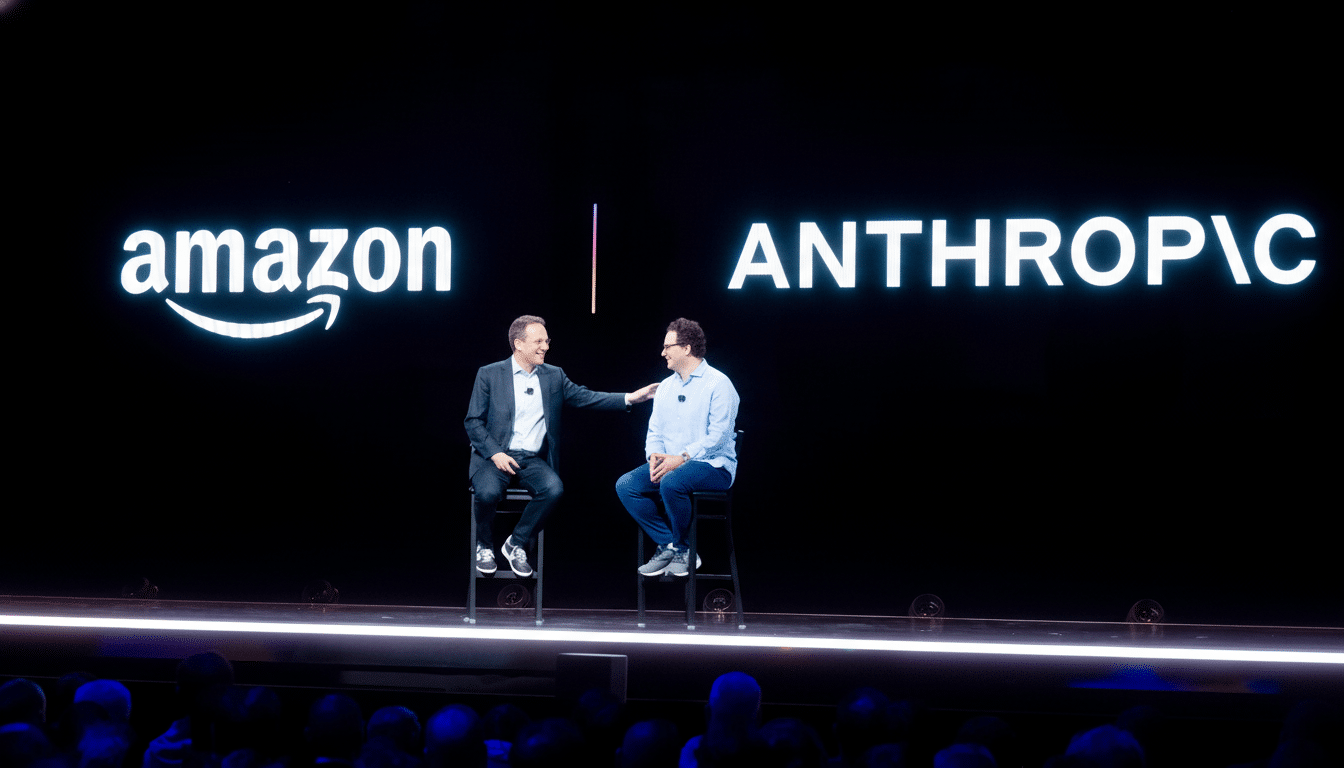An eye-popping $1.5 billion class-action settlement certainly sounds like vindication. It isn’t. The oft-misunderstood Anthropic contract may cut checks to a few hundred thousand authors, minimum payments around 3 grand, but the shape and signal it sets leave writers worse off over the long duration. It monetizes past infringement while preserving the machinery that’s devaluing professional writing today.
The wrongness of the problem it solves
On paper, the payout is unprecedented under U.S. copyright law. In practice, it’s a damages distribution for the way books were acquired, not a forward-looking compact about the way they’re going to be used. Plaintiffs claimed that Anthropic trained its models on texts it scraped from so-called shadow libraries, rather than licensed sources. The settlement mitigates that acquisition risk; it does not attach a meter to the ongoing exploitation of authors’ work to fuel commercial AI products.

Three thousand dollars is actual money for a lot of working writers. But it is a one-time check, not an ongoing payment, pegged, for example, to how often a model draws upon a writer’s style, ideas or body of work.” Meanwhile, AI companies benefit from lasting product advantages from ingesting those works — advantages that grow with every enterprise contract they ink.
Fair use precedent, market harm reality
The court in this case decoupled two questions: whether training on copyrighted text can be a fair use, and whether getting that text from unauthorized sources is illegal. One crucial ruling in the case determined that instructional content is transformative and constitutes fair use, relocating the live fight to the narrower arena of how the materials were obtained. That’s a big precedent, then, for other AI suits related to books and articles.
Here’s the rub: In the United States, fair use factors in “market harm.” The legal theory might be that training is transformative; the economic reality is that LLMs now generate summaries, synopses, pitches, outlines, and even house-style drafts — work that, heretofore, was the freelance bread-and-butter. The Authors Guild has repeatedly warned that generative tools undermine already fragile incomes, and the U.S. Copyright Office has recognized the challenge of disentangling training and output from copyright incentives. To permit training to be blessed while compensatory vehicles are ignored is to live in a world oblivious to the devaluation in the human writing market.
Piracy is policed, but licensing is nice to have
Settling saves Anthropic from a public trial of whether they depended on pirated libraries, but also saves the industry from a more difficult conversation around licensing at scale. News organizations have started to cut cash-for-content deals with AI developers, but book authors aren’t seeing similar structures. There’s no universal registry of which titles trained which models, no usage reporting, and no per-use royalties system like the one that ASCAP and BMI use for licensed music.
Both the Association of American Publishers and the Science Fiction and Fantasy Writers Association have called for opt-in, transparent licensing. The E.U.’s proposed AI Act is moving toward transparency, by mandating “sufficiently detailed summaries” of training data for any general-purpose models. Meanwhile, in the U.S., this settlement provides the cash without strings: No transparency of datasets, no consent dashboard, no requirement to respect robust “do not train” flags, except in endearing policies of good will.

The economics don’t make sense for writers
Writer incomes were already under pressure even before AI. Multiple studies by the Authors Guild demonstrate falling incomes from book-related sources over the last 10 years, and the Bureau of Labor Statistics pinpoints the solidly middle-class wages of writers and authors at a range that conceals a wide disbursement and wild variability. Meanwhile, businesses adopting generative tools is picking up. Generative AI has the potential to automate tasks that account for a large portion of the time spent by knowledge workers, and marketing and support are some of the first to replace neat machine drafts for rough human drafts.
That shift doesn’t need to be perfect copy to be insidious; it just needs to be “good enough” to drive paid assignments from the field. To the extent that AI answers erode search referrals, publishers and individual writers lose audience and leverage. A settlement that covers yesterday’s input but not last week’s outputs does not change the balance of that market power.
What a writer-first fix would involve
There’s a way to square this circle that honors innovation and labor. It begins with transparent accounting of dataset: which works trained with which model families, at what weights, and when? It layers collective licensing on top of books and longform writing, with rates negotiated by representatives like the Authors Guild and publishers, reporting on actual usage, and per-output royalties for cases in which a model clearly depends on a work or its unique style.
And it should have enforceable opt-outs that travel with the file (in machine-readable metadata) and are respected along the supply chain, not just by a single company. Finally, provenance signals — like content credentials, as advocated by the Coalition for Content Provenance and Authenticity — can help both readers and platforms clearly distinguish human work from synthetic output, preserving the premium on trustworthy authorship.
Screw the check — fix the system
Anthropic’s settlement establishes a precedent and misaligned incentives. It tells tech companies that they can scrape first, settle later, and rely on fair use to make human literature into permanent A.I. capital — never mind if the books are sold or the articles paywalled. If courts and policymakers want to maintain a functioning market for writing, the next move should not be a larger check; it’s a system that links access to ongoing, transparent compensation. Until then, the money is a Band-Aid on a business model that continues to suck writers dry.

